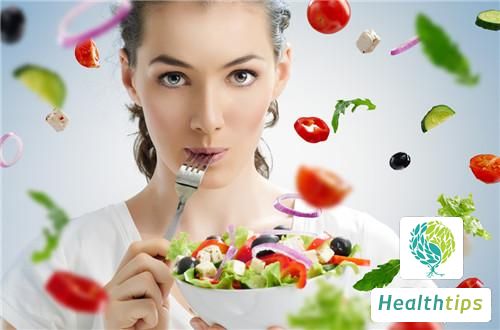The body needs seven major nutrients, but some nutrients can easily undergo chemical reactions when taken together. Minor reactions can affect the absorption of nutrients, while severe reactions can lead to symptoms of poisoning. In daily life, we can use common sense to determine whether foods are incompatible. For example, spinach and tofu should not be eaten together because the oxalic acid in spinach can easily affect the absorption of protein.
 Each ingredient has its unique benefits, but sometimes inappropriate combinations can turn those benefits into causes of illness. This is what we refer to as food incompatibility. Seafood and lemon are often considered incompatible, with the belief that combining seafood with lemon or other vitamin C-rich foods is akin to ingesting arsenic. The reason for this belief is that crustaceans such as shrimp contain high concentrations of pentavalent arsenic compounds, which can react with reducing agents like vitamin C to form toxic trivalent arsenic, commonly known as arsenic.
Each ingredient has its unique benefits, but sometimes inappropriate combinations can turn those benefits into causes of illness. This is what we refer to as food incompatibility. Seafood and lemon are often considered incompatible, with the belief that combining seafood with lemon or other vitamin C-rich foods is akin to ingesting arsenic. The reason for this belief is that crustaceans such as shrimp contain high concentrations of pentavalent arsenic compounds, which can react with reducing agents like vitamin C to form toxic trivalent arsenic, commonly known as arsenic.
However, the arsenic content in seafood is actually very low, with less than 0.1 milligram per kilogram of seafood. To reach a toxic level of arsenic intake, one would need to consume several kilograms or even tens of kilograms of seafood, along with a large quantity of fruits and vegetables, and have a 100% reaction rate in the body. Therefore, combining seafood with vitamin C is not only safe but actually a good match. Lemons, which contain organic acids like citric acid, can help kill bacteria during the cooking of seafood such as fish, shrimp, and crabs, thus reducing the risk of food poisoning.
Banana and yogurt are not only compatible but also taste delicious when combined into a banana smoothie. This combination is rich in magnesium and calcium, which can help with bowel movements and promote good sleep. As for the combination of potatoes and beef, it is often believed to cause gastrointestinal dysfunction. However, the time it takes for the stomach to empty depends on the amount of fat in the food. Foods with less fat are emptied faster, meaning beef takes longer to digest than potatoes. This does not necessarily indicate any negative impact on digestion. If this logic were applied, then the retention time of vegetables, meat, and eggs would all vary, leading to inconsistent and unrealistic conclusions.




















